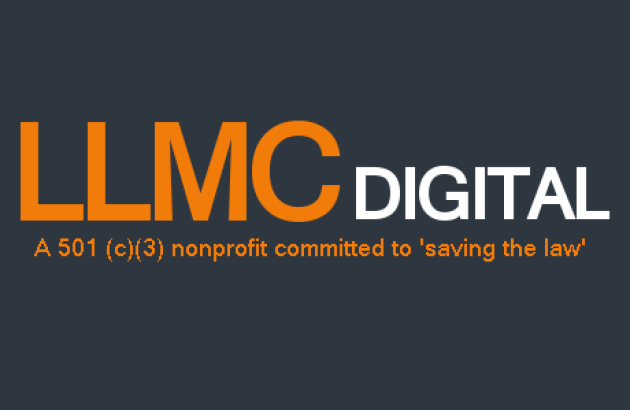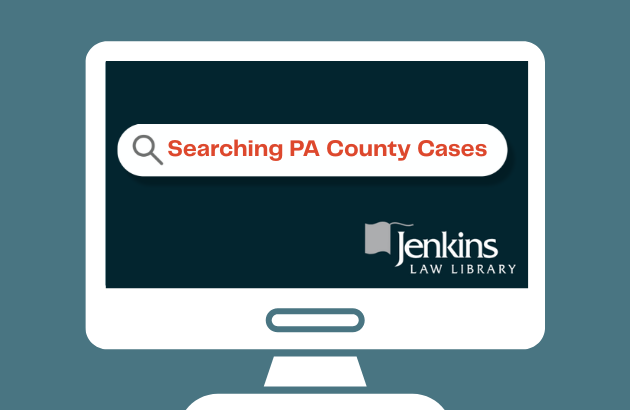Blog
Bostock v. Clayton County: SCOTUS Decides on LGBTQ Workers' Rights
On June 15, the U.S. Supreme Court delivered a victory to LGBTQ workers, giving the LGBTQ community an occasion to celebrate during Pride Month. The 6-3 decision in Bostock v. Clayton County extended the reach of Title VII of the Civil Rights Act of 1964 to include LGBTQ workers.
The opinion was delivered for three cases where LGBTQ workers were discriminated against solely based on their sexual orientation or transgender status. In the majority opinion, Justice Gorsuch stated, “Today, we must decide whether an employer can fire some one simply for being homosexual or transgender. The answer is clear. An employer who fires an individual for being homosexual or transgender fires that person for traits or actions it would not have questioned in members of a different sex. Sex plays a necessary and undisguisable role in the decision, exactly what Title VII forbids” (p.2).
There were two dissenting opinions from the court. The lead dissent was written by Justice Alito and joined by Justice Thomas. The other dissent was from Justice Kavanaugh. Justice Alito’s dissent categorized the majority opinion as legislation. Alito stated that the “document that the Court releases is in the form of a judicial opinion interpreting a statute, but that is deceptive” (p.1). He argued that neither sexual orientation nor gender identity are protected by the language of Title VII.
For more information about LGBTQ rights and employment discrimination, see the Concise Hornbook entitled Principles of Employment Discrimination Law (2019) via West Academic or Employment Discrimination Law & Litigation, 2019 in print.



